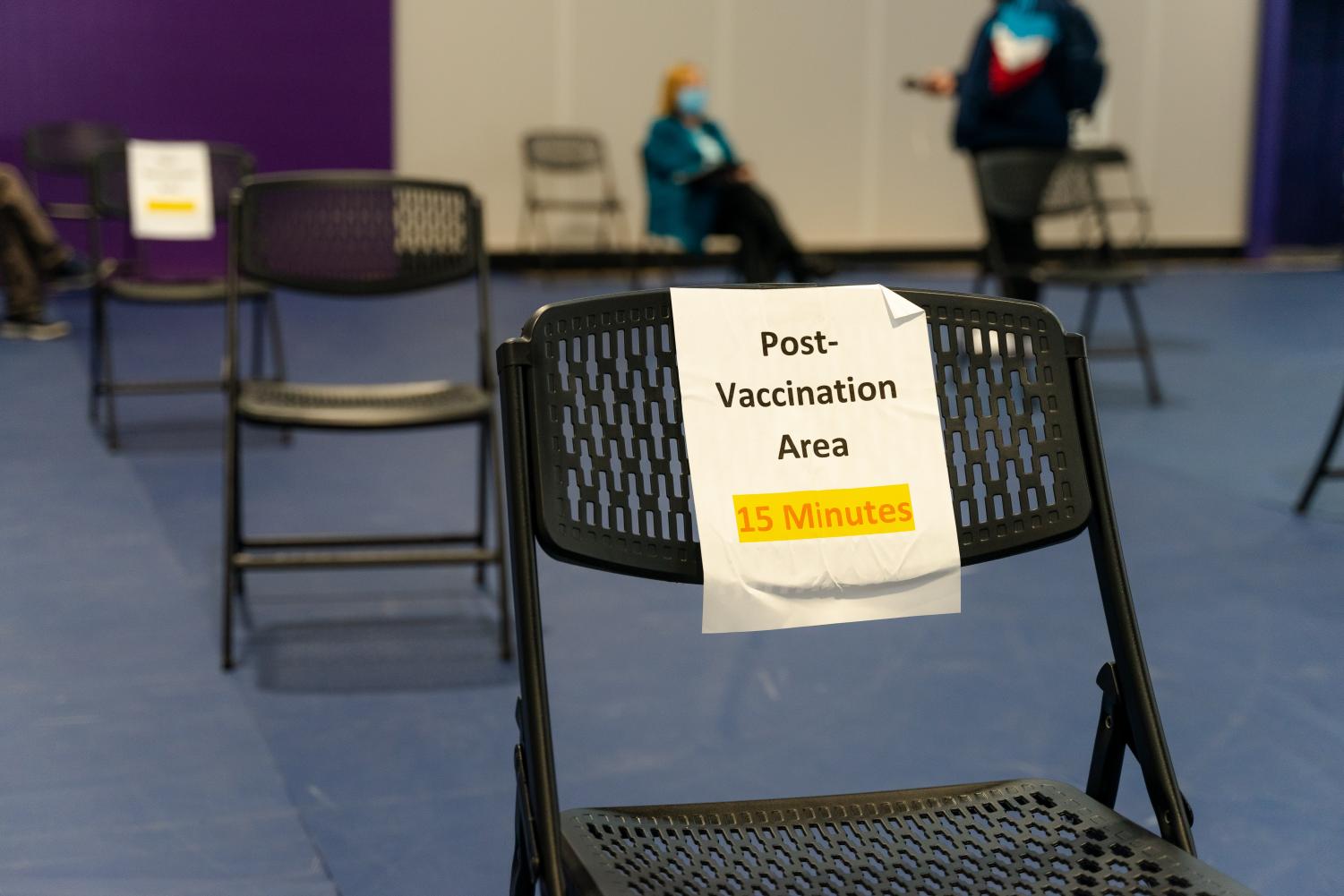
What we know about the coronavirus variants
Feb 10, 2021
As the U.S. continues its effort to vaccinate people at a higher rate, the emergence of new COVID-19 variants has raised questions regarding the effectiveness of the vaccines against the variants, which have recently been discovered in Britain and South Africa.
According to Dr. Soumya Swaminathan, chief scientist of the World Health Organization, these different variants were connected to an increase in coronavirus cases in both of these countries.
Scientists have discovered that these variants spread at a much faster rate and appear to be more infectious. Though they do not result in a higher death rate or more severe symptoms, Dr. Swaminathan said.
The variant that was discovered in Britain in Dec. 2020 is known as B.1.1.7. This particular variant is known to be more contagious because it holds on to cells more than other coronaviruses. As of Feb 1, the B.1.1.7 variant has spread throughout 72 other countries.
The South African variant is known as B.1.351. As of the beginning of February, this variant has been discovered in more than 30 countries including Japan, Austria, Kenya, Belgium, and the Arab Emirates. These emerging variants are currently being reported in the U.S. by the Centers for Disease Control.
“I think for example, the British vaccine AstraZeneca that was developed at Oxford (University) seems to work well on the South African variant,” said David Goldman, member of the leadership team at Brownie Mary Democratic Club.
“It may get to a point in the future where the same way we get a different flu vaccine every year because of the different flu variants, we’ll be getting different COVID-19 vaccines every year because of the variants,” Goldman said.
As more types of COVID-19 vaccines are being developed, scientists are trying to find which one will be most effective. Novavax has produced a new COVID-19 vaccine known as NVX-CoV2373, which was tested to be 89.3% effective in their clinical trials. It also offers protection against some of the coronavirus variants, according to the American biotech firm.
According to the CDC, information about the characteristics of these variants is emerging rapidly. Scientists are working to learn more about how easily they might spread, whether they consume more severe illness and whether current authorized vaccines will protect against them.
COVID Data Tracker by CDC shows that travel bans and quarantine regulations have made a significant impact on reducing the spread of the virus. However, once the variant gets into a specific location, it can still spread at a rapid pace.
“There’s many factors that go into the replication calculation. Some of it is the virus itself, some of it has to do with how many people are immune. Even though the virus is getting worse, we can still beat it down mathematically by having more people vaccinated,” said Larry Vitale, senior lecturer at SF State’s school of nursing.
“We should be concerned to get the vaccine out as quickly as possible, we want to stay ahead of the variant. The reason that is, the more people that are vaccinated, there’s a better chance the virus will have less opportunity to morph and spread because there will be more immune people,” Vitale said.
Kaiser Permanente stated that there is currently no evidence that these variants cause more severe illness. Data continues to support that current vaccines protect against COVID-19 and prevent mild and moderate cases against the variants. Vaccines are strongly recommended to prevent illness.
Mass gatherings have been connected to a spike in COVID-19 cases. Protests, sporting events, college parties, etc. have led health officials to continue to stress the importance of facial coverings and social distancing. The UK variant was found in the massive increase in coronavirus cases at the University of Miami.
“Concerning the University of Miami, people have been getting together in groups, fairly significant numbers of people. They have been carriers of the virus,” said Michael Koehn, member of the leadership team at Brownie Mary Democratic Club.
“So, what they have had to do now, the city has come down hard on the school and told them that they can no longer get together in groups larger than 10 people and they need to wear their facial coverings and practice social distancing. This is just an example of how it is spreading,” Koehn said.
CDC is working closely with other public health agencies to overlook the situation regarding any variants of the virus. They will try and identify any emerging viral variants that may emerge.


